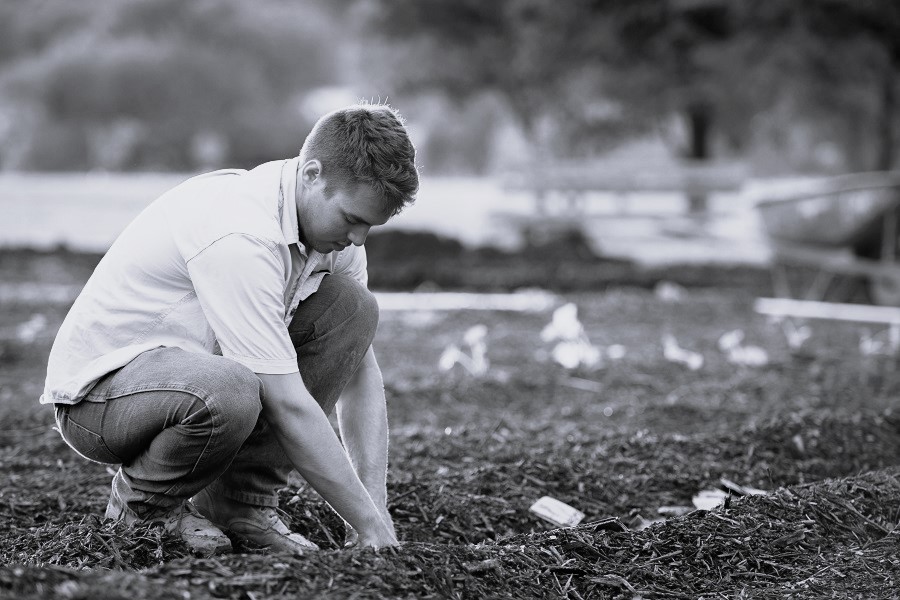Now, I find myself having endless chats on internships, which I am told as line items on CVs, pay generous dividends.
Meetings start by me asking the aspirant intern their thoughts on indentured apprenticeships. To this, I invariably receive a look of bemusement and confusion. Confusion because separately the words seem perfectly familiar, but together seemingly odd; bemusement as to why either is relevant in the context of a professional office setting. So, I begin by setting the contextual scene of an agricultural community much in the past, but still in large parts present. In these, most smallholders farming the same cereals, fruits et al., must subsist on poor incomes when the crop is bad, and only little more bearable when the yield is good enough there is something to sell. Something to sell, yes, but because all farms have enjoyed the same “bountiful” harvest, prices are low. No surprise then that smallholders are keen to break the cycle and invest in one of their many children bred to help with farm labour. Spend, that is, on a carefully chosen child becoming a sought-after craftsman – blacksmith, carpenter, apothecary etc. – or indeed in animal welfare, whose artisanal income would be far less exposed to the vagaries of generally woefully unrewarding and unpredictable crop cycles.
Little shock then that all Guilded within the farming community are vigorously pursued, each knowing the monetary value of their gift, or that these experts demand a financial reward taking on an apprentice. For want of a better mechanism choosing whom to train, the smallholder offering the largest purse will have their child taken in. So difficult as it is, farmers labour hard and skimp on themselves and other filials to save as much as they possibly can. Their reasoning is simple enough; forgo for the now, knowing that with time, one child trained into a professional adult, will provide to free them from the farm labours which would only become more arduous with age, particularly as the other surviving children leave to farm and subsist for their own families.
Embedded in the above is a veritable array of practical economics: the implicit calculations of net present discounted values made by each smallholder, based on their specific discount rates and time values. There is also the degree of confidence in an unwritten inter-generational contract; parents determining how confident their chosen filial lives and chooses to repay their sacrifice; this influencing which one they put their blessed faith and scarce savings in. There is also this moral hazard; will the craftsman take the money, but simply use the child as an unskilled skivvy?
So much then for a quick lesson in indentured apprenticeships.
Now comes the money shot of our intern chat. I ask a frank question, one which I hope had been made perfectly price relevant in the context of the story which unfolded.
Stoney poker-faced I ask, “So then, how high is your family willing to go to pay for an educating internship here?”








